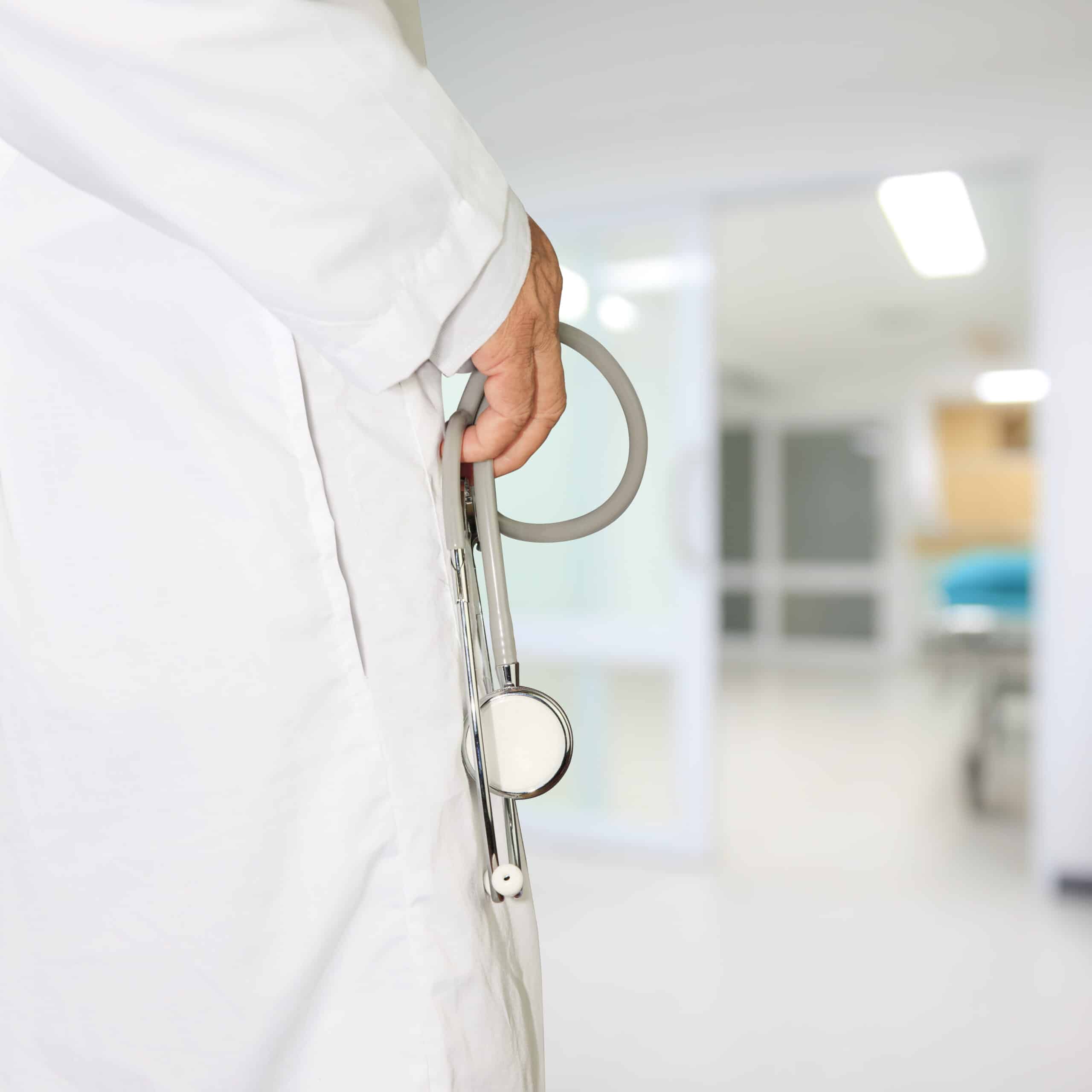Sexual Abuse by Medical Professionals in NYC
Sexual abuse in healthcare settings involves inappropriate or exploitative contact by medical professionals, including therapists, doctors, and nurses. Such actions violate both legal and ethical standards.
Understanding Patient Boundaries
Any sexual advances or inappropriate behavior from healthcare providers are inherently exploitative due to the power imbalance in the professional-patient relationship. Even if a patient appears to consent, true consent is compromised when one party significantly influences the other’s well-being.
Types of Sex Abuse by Healthcare Professionals
Sexual abuse can manifest in various forms, including:
- Invasive Exams: Conducting unnecessary medical examinations.
- Inappropriate Touching: Engaging in unwanted physical contact.
- Sexually Suggestive Behavior: Making inappropriate advances during professional interactions.
- Exploitation of Vulnerability: Initiating a sexual relationship with a patient in distress.
Recognizing sexual abuse in healthcare settings—through unnecessary exams, unwanted touching, or inappropriate comments—is crucial for seeking justice, as is addressing emotional and psychological abuse, including exploitation of vulnerability and grooming tactics. If you or someone you know has experienced such abuse, understanding your rights and legal options is essential. At HKD Law, we advocate for survivors, ensuring your voice is heard and your case is taken seriously.
Signs of Sexual Abuse by a Medical Provider
Be aware of the following warning signs that may indicate abuse:
- Unwanted or Excessive Physical Contact: Any form of touching that feels inappropriate or unnecessary, including lingering hugs, caresses, or overly intimate gestures.
- Sexual Comments or Jokes: Inappropriate remarks about your appearance or lewd jokes that create discomfort or shift the focus away from your health concerns.
- Excessive Personal Questions: Asking probing questions about your personal life or feelings irrelevant to your treatment or medical history.
- Frequent Non-Medical Meetings: Initiating social interactions outside professional settings, including unsolicited meetings or gift-giving, can blur professional boundaries.
- Sexual Advances: Any act that exploits your vulnerability, including suggestive comments, flirtation, or pressure to engage in sexual activities.
If you notice any of these warning signs in your interactions with a healthcare provider, it is essential to take them seriously.
What to Do if A Doctor or Medical Professional Sexually Abuses You
Experiencing sexual abuse by a doctor or medical professional in NYC is an incredibly traumatic event that can leave you feeling vulnerable and uncertain. Knowing how to respond is crucial to ensure your safety, preserve evidence, and access the support you need.
- Ensure Your Safety: Move to a safe location and seek help from trusted individuals.
- Document the Abuse: Write down details about the incident, including dates and locations.
- Preserve Evidence: Avoid washing or altering any physical evidence and take photos of injuries.
- Get Medical Care: Seek medical attention to address any physical harm and create a record of the abuse.
- Seek Support: Reach out to mental health professionals or support groups specializing in trauma.
- Consult a Lawyer: An experienced attorney can guide you through the legal process and help you understand your rights.
Reporting Sexual Abuse by a Medical Professional
If you or someone you know has experienced sexual abuse by a medical professional, such as a doctor, nurse, or therapist, reporting the abuse is crucial. Here’s how to navigate the reporting process effectively in New York:
Medical Licensing Boards
The State Board for Professional Medical Conduct regulates physicians and other healthcare professionals in New York. If you believe a physician has abused you, you can file a complaint with the New York State Education Department’s Office of Professional Medical Conduct. This can lead to disciplinary actions against the doctor, including suspension or revocation of their medical license. You can visit their website or call their office to file a complaint.
Nursing Boards
The New York State Board of Nursing oversees the practice of nurses. If a nurse has abused you, report the incident to the New York State Education Department’s Office of the Professions. They can investigate the matter and take appropriate action against the nurse. You can find more information and file a complaint through their website.
Professional Licensing Boards for Therapists and Counselors
If a therapist or counselor perpetrated your abuse, report the incident to the New York State Board of Mental Health Practitioners or the relevant licensing board overseeing their practice. These boards ensure that therapists adhere to ethical standards and can investigate misconduct complaints. You can access their information online to file a formal complaint.
Law Enforcement
Reporting the abuse to law enforcement is essential, especially if the abuse involves criminal behavior. Contact your local police department in New York to file a report. Be prepared to provide specific details about the incident, including dates, locations, and any witnesses. You may also want to consider reaching out to a local sexual assault hotline for additional support and resources.
More on Institutional Sex Abuse in New York
What to Expect if You Report Sexual Abuse in NY
Reporting sexual abuse can be daunting, but knowing what to expect can help:
- Initial Contact: You’ll likely be asked for your contact information and a brief situation overview when you report the abuse. Your information will be kept confidential.
- Detailed Account: Be prepared to provide a detailed description of the abuse, including the names of those involved, the setting, and any evidence you may have.
- Investigation: The relevant authority will investigate your report. This process may take time, and you may need to provide additional information.
- Follow-Up: Contact the agency or your attorney for updates on your case.
Tell Us What Happened
"*" indicates required fields


